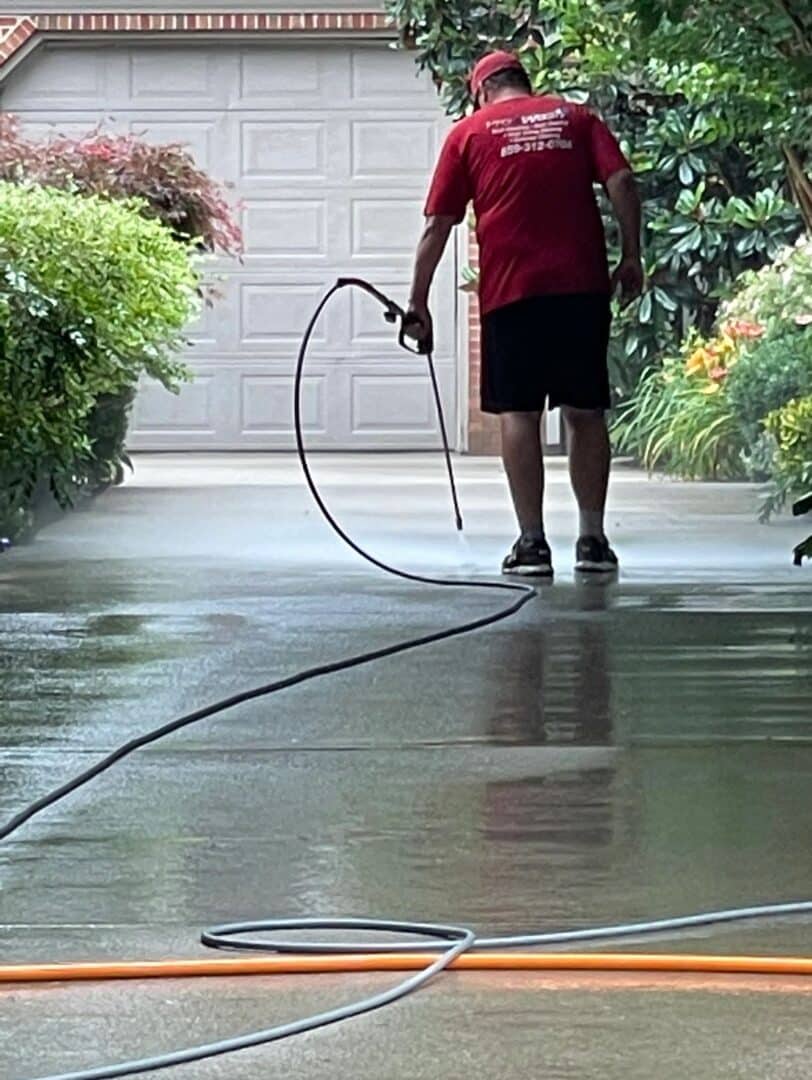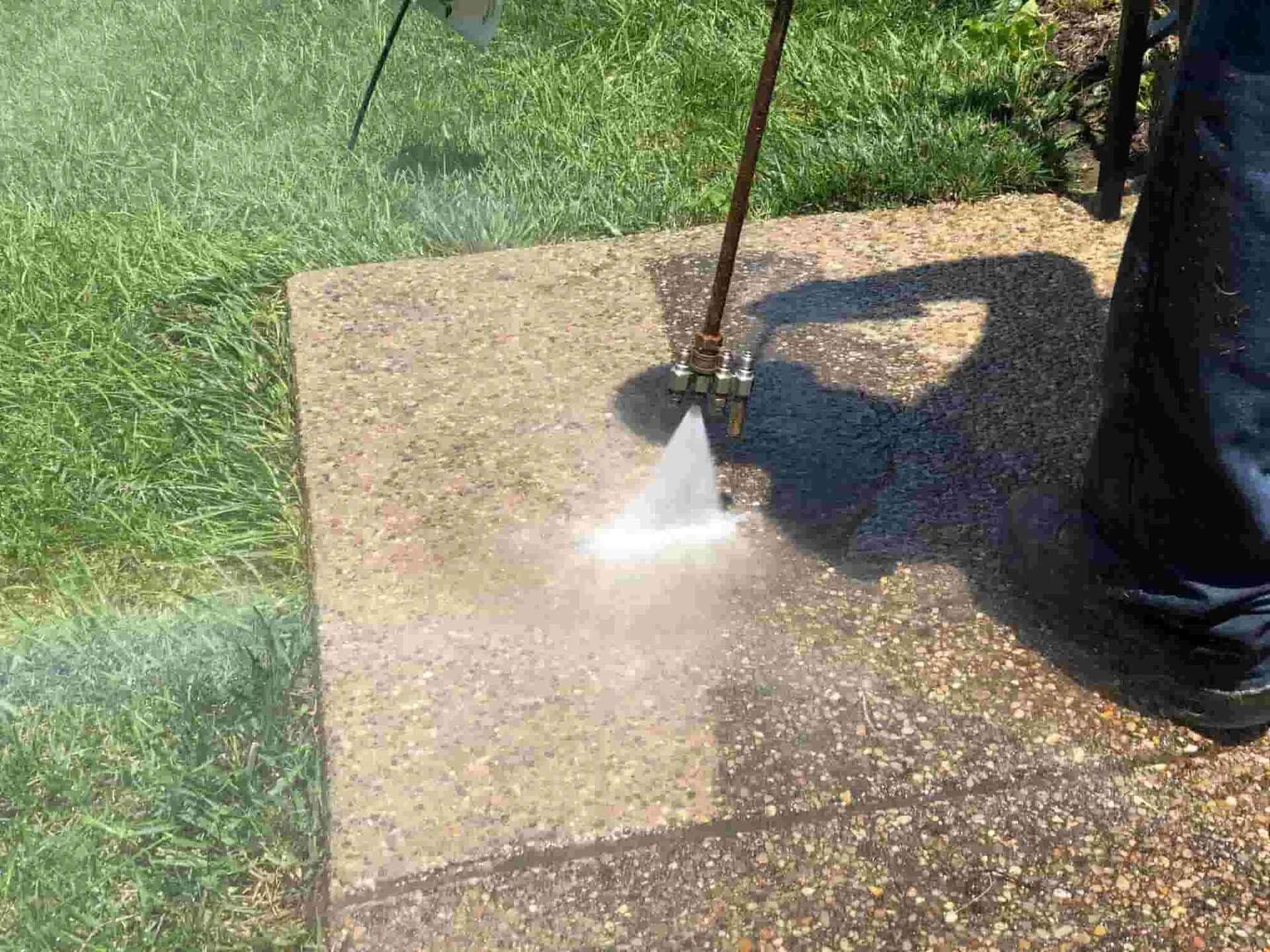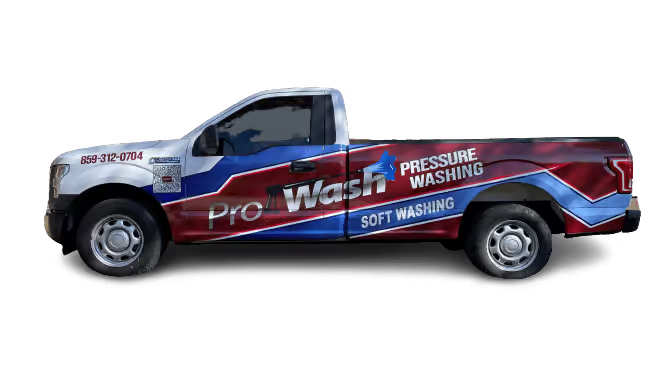Is Pressure Washing Safe?
Are you considering pressure washing your property but have concerns about its safety? You've come to the right place. In this comprehensive guide, we will explore the subject of pressure washing safety, including the benefits, risks, and best practices associated with this popular cleaning method.
What Are The Best Practices for Safe Pressure Washing
Read the User Manual: Familiarize yourself with the manufacturer's instructions and recommendations for your specific pressure washer model. Understand the correct pressure settings, nozzles, and attachments to use for different surfaces.
Perform a Test Patch: Before pressure washing an entire surface, conduct a small test patch in an inconspicuous area. This allows you to assess the impact of the pressure on the surface and determine if any adjustments are necessary.
Maintain Proper Distance: Keep a safe distance between the pressure washer nozzle and the surface being cleaned. This distance may vary depending on the surface material and the pressure setting. As a general guideline, start with a greater distance and gradually move closer if needed.
Use Appropriate Cleaning Agents: Choose cleaning agents that are specifically designed for pressure washing. These agents are formulated to be effective without causing harm to the surface or the environment. Follow the manufacturer's instructions for dilution ratios and application methods.
Protect Nearby Objects: Cover delicate plants, electrical outlets, and objects that may be sensitive to water or cleaning agents to prevent accidental damage.
Seek Professional Help if Needed: For complex or large-scale pressure washing projects, or if you're unsure about tackling a specific surface, it's wise to consult professional pressure washing services. They have the expertise and experience to handle various surfaces safely and efficiently.


What Are The Risks of Pressure Washing
Property Damage: Excessive pressure or improper technique during pressure washing can damage delicate surfaces, such as wood, paint, and certain types of siding. It is crucial to adjust the pressure settings and use appropriate nozzles and attachments based on the surface being cleaned.
Personal Injury: The high-pressure water spray can cause injuries if mishandled. Never aim the pressure washer at yourself, other people, or pets. It is also advisable to wear protective gear, such as goggles, gloves, and sturdy footwear, to minimize the risk of accidents.
Environmental Impact: The water and cleaning agents used in pressure washing can have an environmental impact if not properly managed. Avoid using harsh chemicals that can harm plants, animals, or water bodies. Additionally, be mindful of local regulations regarding water usage and disposal.

